As part of our collaboration with Ministry of Foreign Affairs for World Consumer Rights Day 2019, under the theme "Trusted Smart Products", we are sharing the following article on Consumer Responsibility:
Originally published by Internet Society St. Vincent and the Grenadines Chapter
at http://www.isoc.vc/IOT-Campaign-2.pdf
As part of the series on Internet of Things(IoT), this week, we will focus on the role of consumers. You may already be an IoT consumer even if you don’t know what IoT is. IoT comprises connected devices, vehicles, sensors and much more. It allows consumers to interact with the Internet in new ways; presenting both opportunity and challenge.
For our purposes, an IoT consumer is an owner or consumer of personal or “smart” devices that are connected, directly or indirectly (e.g. via an app), to the Internet. It is relevant to note that there has been, much like other technology, an information asymmetry between IoT producers and consumers. Many consumers of technology are not aware of the underlying security risks and privacy issues, nor their rights as consumers. So, what are the basic rights of an IoT consumer?
As a consumer, at the very least, you should have the right to products or services that are secure and privacy-respecting.
- You should have the right to be able to buy a device that is “secure by design”. This means security is considered all the way from the manufacture to consumption and even disposal.
- You should have the right to demand a device that is easy to update and should be informed as to how long and when device support is available.
- You should have the right to know how the personal data collected by your devices is used and who gets to access it.
- You should have the right to know how the data collected by your connected devices will be protected and stored.
Yet, a consumer should also act responsibly to help make these rights a reality. One must be aware and knowledgeable of consumer responsibilities. With few exceptions, we are the ones who make the choice to purchase, own and use various technology, inclusive of Internet of Things (IoT).
- You should also act responsibly by only buying connected devices that you know are secure. You shouldn’t buy the latest gadget only because it’s trendy.
- Update your devices in a timely manner. Connected devices that are not updated can be dangerous, or can potentially breach your privacy.
- Only buy devices which you know what the data is used for.
- Take a few minutes to educate yourself on what “good” data protection practices look like. Some additional tips to keep in mind when thinking about buying that wearable or household gadget:
- Shop “smart” by reading consumer reviews.
- Review & adjust the privacy settings on your devices and their applications before first use. Can it spy on you? Does it require your personal details?
- Turn off the device or disconnect it from the Internet when not in use.
- Ensure that you check your devices for firmware updates, patches and revisions, and update your devices and its applications.
- Use multi-factor authentication where possible; use complex passwords; ensure that there is an easy but safe way to reset your password when necessary.
- Read your User Agreement, particularly privacy and data sharing sections.
- Subscribe to device mailing lists/newsletters where you will be informed of data and privacy breaches, etc.
Consumer Attitudes to Internet of Things
Here we will consider briefly whether consumer attitudes towards the IoT are changing with increased awareness or as people interact more with the Internet of Things.
Privacy and security remain big concerns for consumers. The Mobile Ecosystem Forum Global Consumer Survey from 2016, found that 60% of people report concerns about connected objects and 20% saw no tangible benefits. Of those with concerns, nearly two thirds of consumers cited privacy as their biggest worry, and just over half cited security.
Low trust in Technology
The 2016 Edelman Trust Barometer survey conducted in 28 countries globally, indicated that there exists a gap between the technology industry’s perception of performance and the things consumer find most important; technology that protects consumer data, technology that ensures quality control, and technology that keeps people safe. Our guess is that consumers should be keeping a close watch on how the market develops and how it impacts on other areas of the digital economy and society.
Stay tuned for the next segment on IoT.

